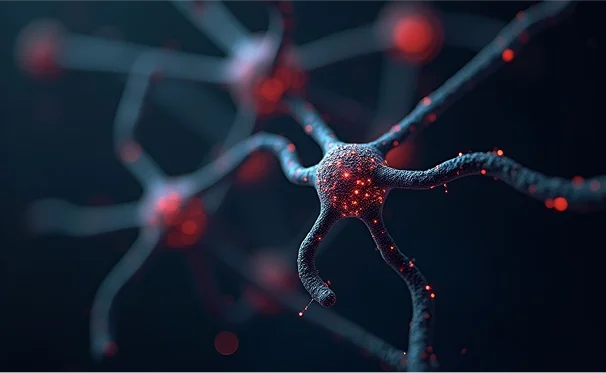What types of hormones do you prescribe?
We use bioidentical hormones only — including estradiol, progesterone, testosterone, DHEA, pregnenolone, and others — depending on clinical need. All prescriptions are customized and monitored.
Do you offer pellet therapy?
We evaluate all available routes, including transdermal, injectable, oral, and pellet therapies. However, we only recommend pellet therapy when clinically appropriate and with proper oversight. We do not believe in aggressive or unmonitored dosing.
How do you monitor safety with hormone replacement therapy (HRT)?
We perform baseline labs, regular follow-ups, and ongoing evaluation of liver, lipid, and hormone metabolism markers. Hormones are never prescribed without continuous clinical oversight.
Will I automatically be placed on hormone therapy?
No. Hormone therapy is never automatic. “Hormone optimization” in our model includes a wide range of strategies — from nutrition, lifestyle, and stress regulation to nutraceuticals, peptide support, and, when appropriate, bioidentical hormones. If HRT is considered, it’s only after thorough testing and clinical evaluation. Many patients benefit from non-hormonal strategies alone.
Will I have to be on hormones forever?
Not necessarily. For some, HRT is a temporary phase in recovery. For others — especially postmenopausal women or men with hypogonadism — it may be a long-term strategy. We evaluate your case and goals carefully.
Do you work with patients who have thyroid conditions like Hashimoto’s or subclinical hypothyroidism?
Yes — when appropriate. Our team frequently evaluates thyroid function as part of a broader hormonal and metabolic picture. We assess markers such as Free T3, Free T4, reverse T3, TPO antibodies, and conversion dynamics — especially when symptoms persist despite “normal” lab results. Any treatment approach is personalized and based on your clinical findings, history, and goals.







.avif)
.avif)
.avif)




.avif)

